A look at Judge Mohammad Bashir's career, who convicted Nawaz Sharif, Imran Khan and Bushra Bibi in graft cases
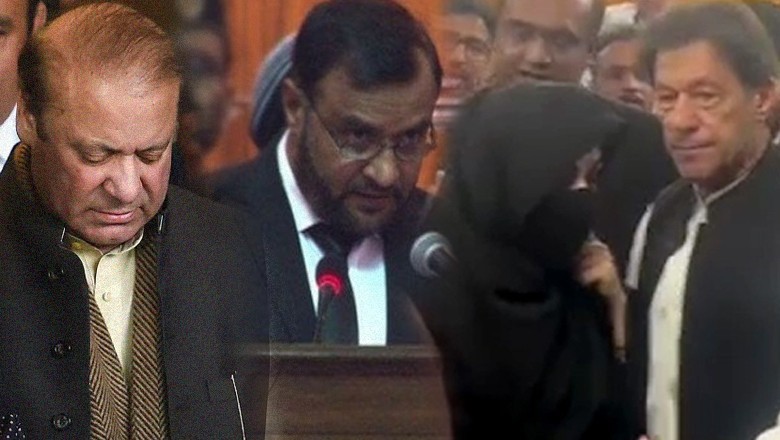
Webdesk
|
31 Jan 2024
The dynamics of Pakistani politics are heavily influenced by the judiciary's central role, as its significant verdicts continually mold and redefine the political landscape. The ongoing affairs in the country cannot be thoroughly explored without considering the profound legal impacts on politics.
Throughout Pakistan's history, certain judges have gained prominence through their impactful yet controversial judgments, and one such figure is Judge Mohammad Bashir of the accountability court.
Judge Mohammad Bashir is the longest-serving judge of the accountability court of Islamabad and is approaching the age of retirement in March 2024. He has overseen numerous high-profile cases involving the top political leadership of the country.
A career of extensions and crucial verdicts
Originally appointed as the accountability judge in 2012 for a three-year term, he received an extension for an additional three years while presiding over cases involving former president Asif Ali Zardari.
During this time, he acquitted Zardari in all five cases filed by the National Accountability Bureau (NAB) under the regime of former military dictator General Pervez Musharraf.
He stepped down from his position on March 12, 2021, after his unprecedented nine-year tenure in the federal capital.
Judge Bashir was granted another three-year extension during the Pakistan Tehreek-e-Insaf (PTI) government as he presided over the Avenfield properties reference, implicating former Prime Minister Nawaz Sharif and his family.
Judge Bashir has served nine-year continuous service in an accountability court since the promulgation of the National Accountability Ordinance (NAO) in 1999. The extensions were granted under the direction of the then Chief Justice of Pakistan, Mian Saqib Nisar.
Judge Mohammad Bashir has delivered pivotal judgments that carry significant political implications for Pakistan.
Sentenced Imran Khan and Bushra Bibi in the Toshakhana case
Former Prime Minister and Pakistan Tehreek-e-Insaf (PTI) founder, Imran Khan and his wife, Bushra Bibi, were sentenced to 14 years in rigorous prison in the Toshakhana case on Wednesday.
Judge Mohammad Bashir of the Accountability Court delivered the judgment and disqualified Imran Khan from holding any public office for 10 years and imposed a fine of Rs1.573 billion on him and Bushra Bibi.
The significant verdict arrived at a time when the nation is gearing up for elections scheduled just a week away.
Convicted Nawaz Sharif in the Avenfield case
He had convicted former prime minister Nawaz Sharif and his family in the Avenfield reference in 2018.
On July 7, 2018, the accountability court issued a verdict in the Avenfield properties corruption case, filed by the National Accountability Bureau (NAB). This resulted in the removal of Prime Minister Nawaz Sharif, who was sentenced to 10 years in prison for owning assets beyond means ahead of the general elections on July 25, 2018.
His daughter, Maryam Nawaz Sharif was sentenced to 7 years for abetment in concealing her father's properties, while Nawaz's son-in-law, retired Captain Safdar, received a 1-year jail term for non-cooperation and aiding Nawaz and Maryam.
In 2019, Nawaz Sharif went into self-imposed exile in London. Upon his return in October 2023, the Islamabad High Court (IHC) acquitted the former prime minister in the Avenfield Apartments corruption case on, five years after his conviction by an accountability court.
Judge Mohammad Bashir also acquitted former finance minister Ishaq Dar on Oct 23, 2023, along with his co-accused, in the reference of assets beyond known sources of income.
Presiding over the Toshakhana case against Nawaz Sharif and Asif Ali Zardari
The judge is presiding over the Toshakhana reference involving Pakistan People Party (PPP) Parliamentarian's President Asif Ali Zardari, former prime minister Yousuf Raza Gillani, and Nawaz Sharif.
In 2020, the anti-graft watchdog initiated a reference concerning three Toshakhana vehicles allocated to Nawaz Sharif and Zardari. The reference alleged that taxes for these vehicles were paid through "fake bank accounts."
As per the anti-corruption agency, Zardari and Nawaz allegedly kept the vehicles by making a nominal payment of 15% of their total value, using dishonest and illegal methods for personal gain.
On September 9, 2020, Judge Asghar Ali of the accountability court indicted Zardari and Gillani in the Toshakhana case. In the same ruling, the court declared Nawaz a proclaimed offender and ordered the confiscation of his assets.
However, on November 10, 2023, Judge Mohammad Bashir instructed authorities to unfreeze Nawaz Sharif's properties in the Toshakhana reference case. This decision was made in response to a PML-N supremo's petition, citing Nawaz's surrender to the court and the cancellation of his arrest warrants.
The anti-graft court postponed the hearing of references against former president and ex-premier in the Toshakhana case until January 24. The court directed NAB to present a report on the reference related to Nawaz Sharif.
In charge of the Al-Qadir Trust case
Judge Bashir is also overseeing the Al-Qadir Trust cases against Imran Khan. On January 21, he dismissed Imran Khan's bail in the Toshakhana and Al-Qadir Trust cases.
NAB filed a reference on December 1, 2023, implicating Imran Khan, his wife Bushra Bibi, and property tycoon Malik Riaz, among others, in connection with the Al-Qadir Trust case.
The corruption charges against Imran Khan and Bushra Bibi, in this case, included the accumulation of substantial amounts of money and extensive land from Bahria Town Ltd to legalise Rs50 billion, which was returned to Pakistan by the UK during the prior PTI government.






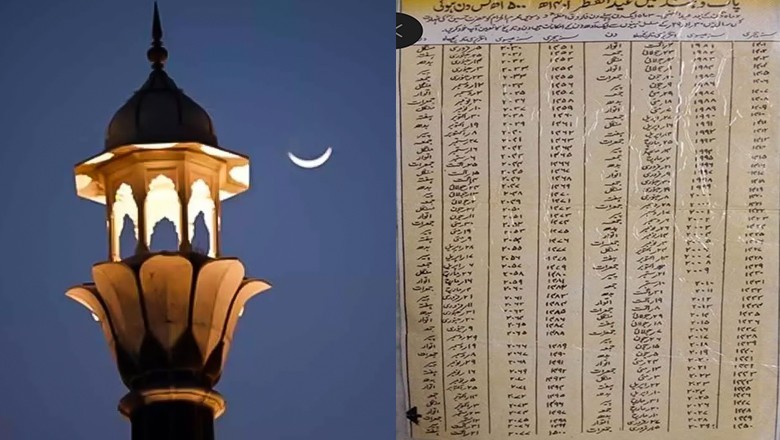
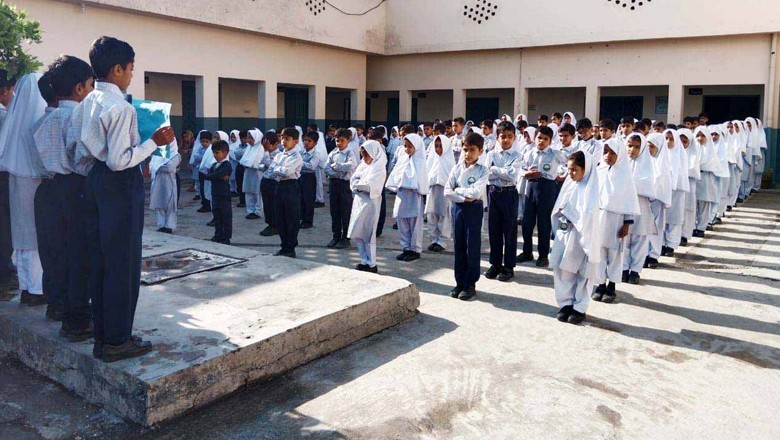
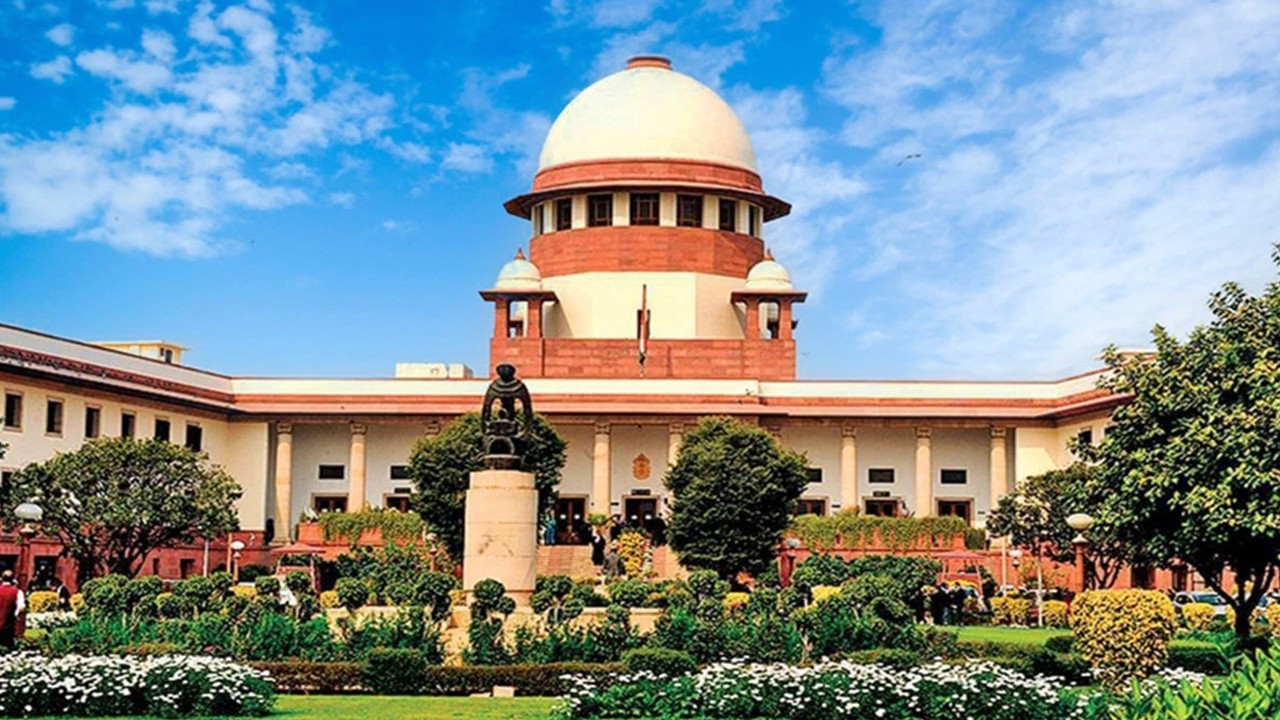
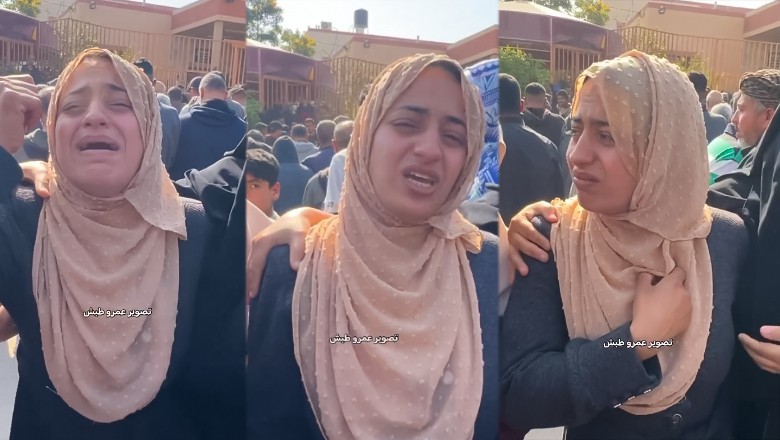

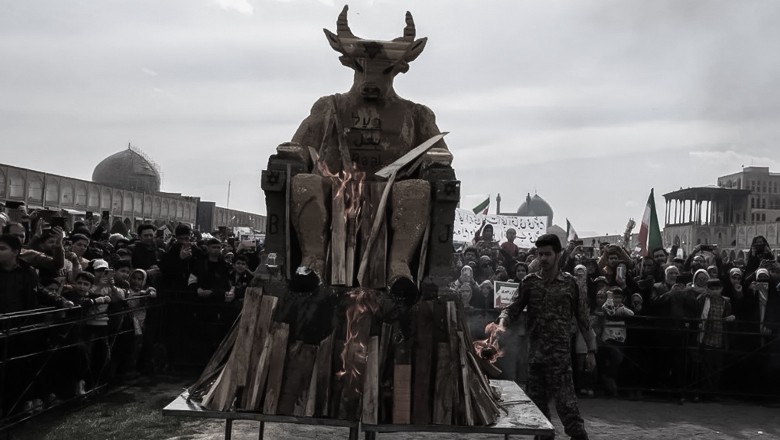
Comments
0 comment